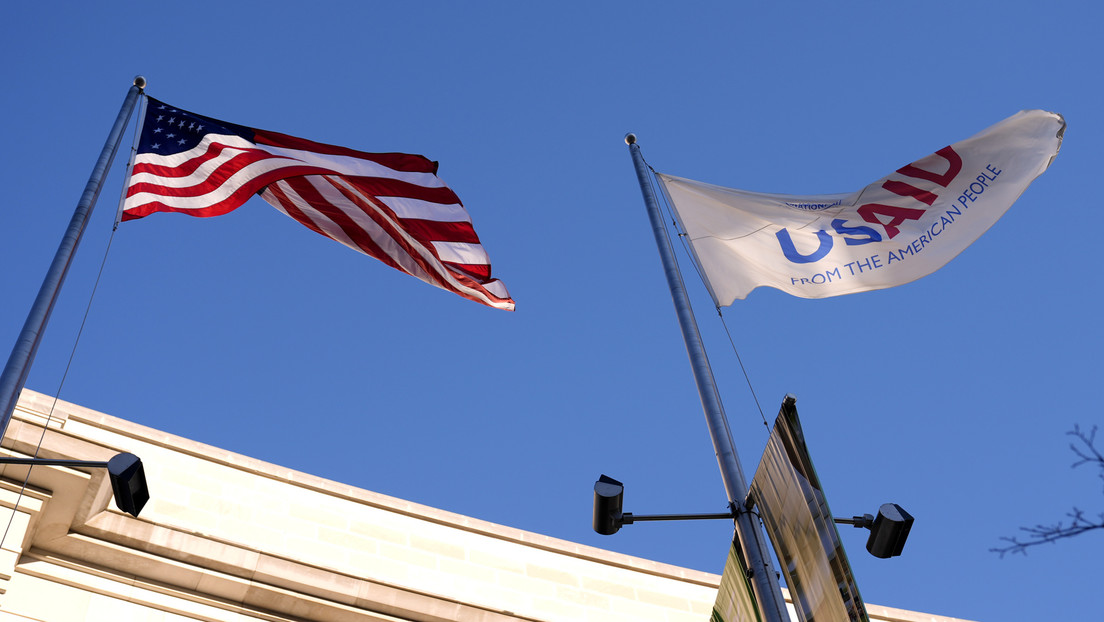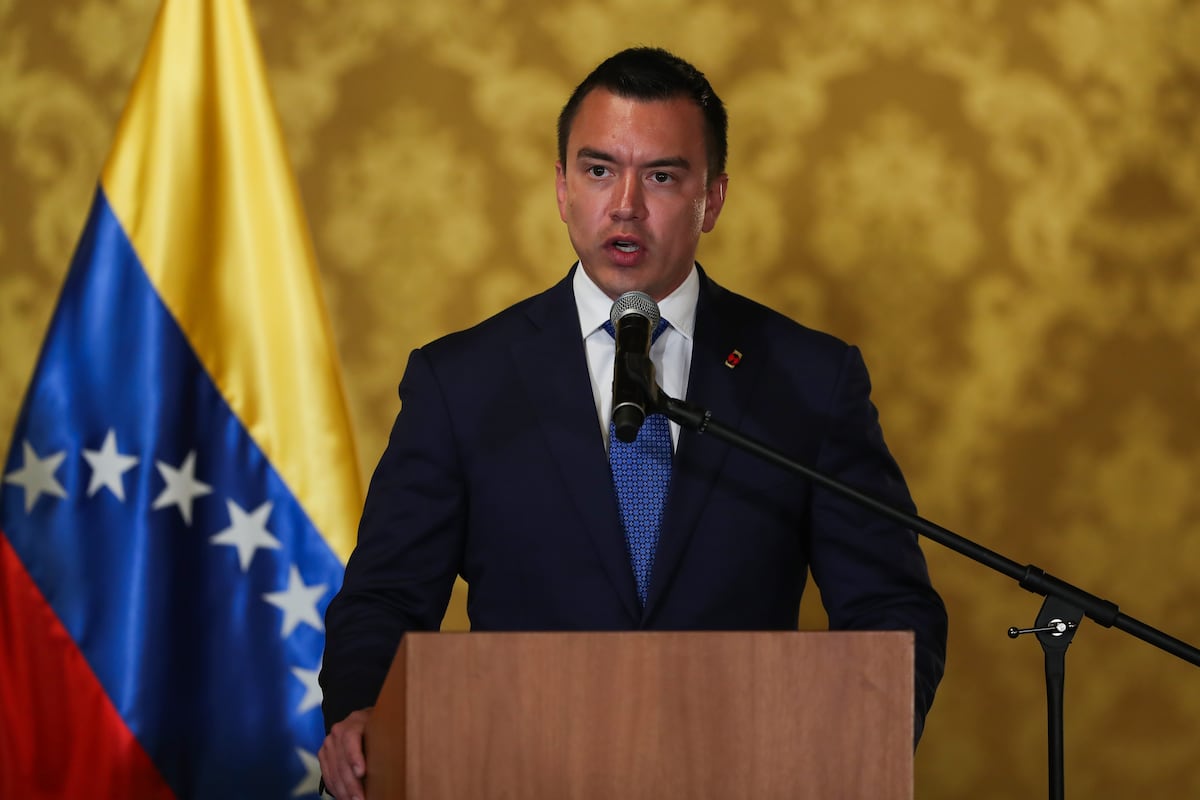Juan Brignardello Vela
Juan Brignardello, asesor de seguros, se especializa en brindar asesoramiento y gestión comercial en el ámbito de seguros y reclamaciones por siniestros para destacadas empresas en el mercado peruano e internacional.




The United States, in its quest for a more coherent and efficient foreign policy, has placed the U.S. Agency for International Development (USAID) under scrutiny. Recently, the White House exposed a series of expenditures that have been labeled as "ridiculous," revealing a management style that many critics consider uncontrolled and irresponsible. According to spokesperson Karoline Leavitt, the agency has channeled enormous sums of money to projects that lack adequate oversight and, in many cases, appear to have malicious intentions. The review of USAID comes at a time when the administration seeks to improve accountability to taxpayers. An alarming aspect of the reported expenditures includes the allocation of "hundreds of thousands of dollars" to a nonprofit allegedly linked to terrorist groups. This revelation came just after an inspector general initiated an investigation, raising serious concerns about the management of funds. Among the most shocking findings is the provision of food to Al Qaeda fighters in Syria, an action that not only raises ethical questions but also contradicts U.S. national security policies. Additionally, it has been noted that hundreds of millions were allocated to finance agricultural projects in Afghanistan that, ironically, have supported the production of opium and heroin, directly benefiting the Taliban. Such decisions have sparked strong questioning about the effectiveness and purpose of international aid. The controversy doesn't end there. In a surprising turn, it was reported that USAID allocated millions of dollars to EcoHealth Alliance, an NGO that has been at the center of controversy related to coronavirus research at a lab in Wuhan, China. Elon Musk, an entrepreneur known for his provocative stances, also criticized the agency for allegedly funding biological weapons research, adding more fuel to an already polarized discussion. The list of questionable expenditures extends to a series of projects that many consider irrelevant. Among them are $1.5 million allocated to promoting diversity and inclusion in the workplace in Serbia, $70,000 for a musical about diversity in Ireland, and $2 million for LGBT activism in Guatemala. These initiatives have been the subject of mockery and criticism, as many citizens argue that the money should be invested in more pressing priorities. The Trump administration's reaction has been forceful. Marco Rubio, now the acting administrator of USAID, lashed out at the agency, labeling it as "insensitive" and disconnected from the political guidelines of the State Department. This criticism aligns with plans to merge USAID with the State Department, a move that, according to reform advocates, could help ensure that international aid is more aligned with U.S. strategic interests. The situation becomes even more enigmatic with the announcement that the USAID website has been disabled without warning, leading to speculation about the agency's transparency and future. The suspension of funding for several ongoing projects has left many in the international community uncertain about the direction the United States will take in terms of foreign assistance. Criticism of USAID is not new, but this latest scandal has reignited a broader debate about the role of foreign aid and its effectiveness. Many experts argue that, rather than being an instrument for good, international assistance often becomes a tool for political interests that do not necessarily benefit the target populations. Looking ahead, the transformation of USAID and the improvement of accountability are issues that not only affect the current administration but will also impact the global perception of the United States as a responsible and committed donor. The lingering question is whether the necessary reforms will be effectively implemented and if the agency will be able to regain public trust. Meanwhile, American taxpayers continue to watch with skepticism how their money is spent abroad, demanding greater clarity and accountability in the use of public funds. The next chapter of this saga will be written in the audits and policy decisions made in the coming months.
Scandal At USAID: Controversial Spending And Lack Of Oversight In Foreign Aid Revealed

El Salvador Will Host Immigrants Deported From The U.S. In A Historic Agreement.

Ecuador Imposes A 27% Tariff On Mexican Imports Amid Trade Tensions.
